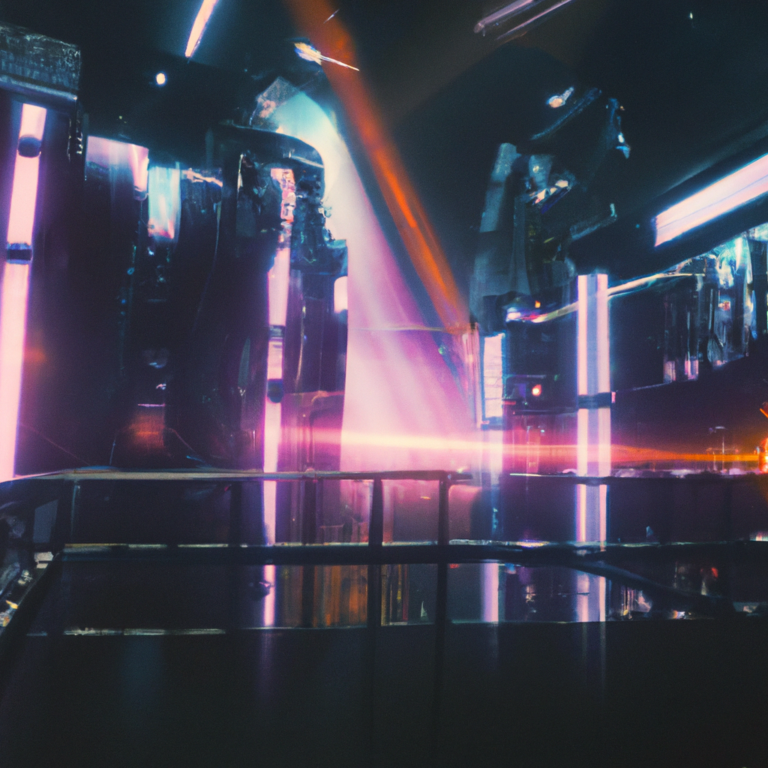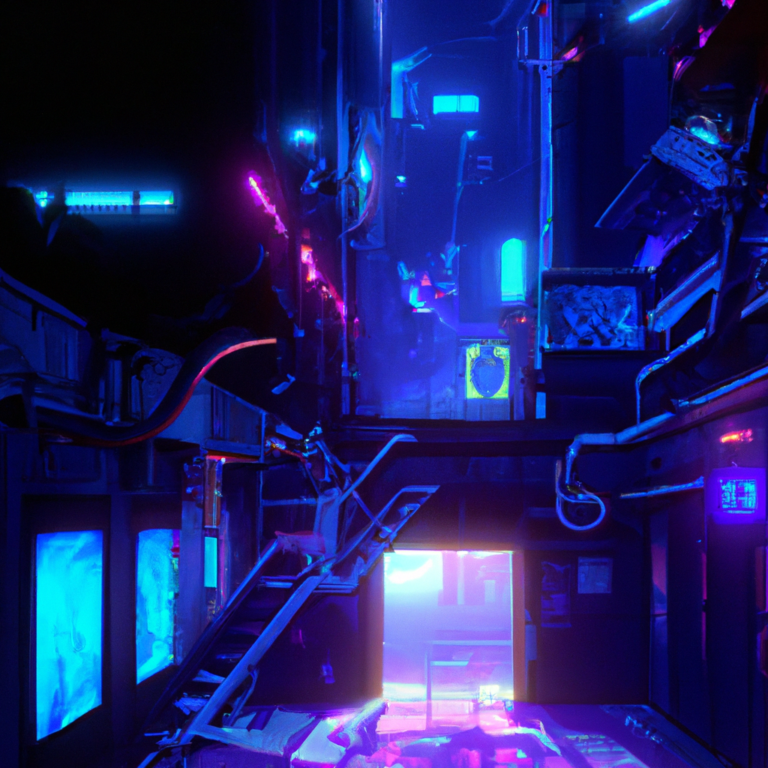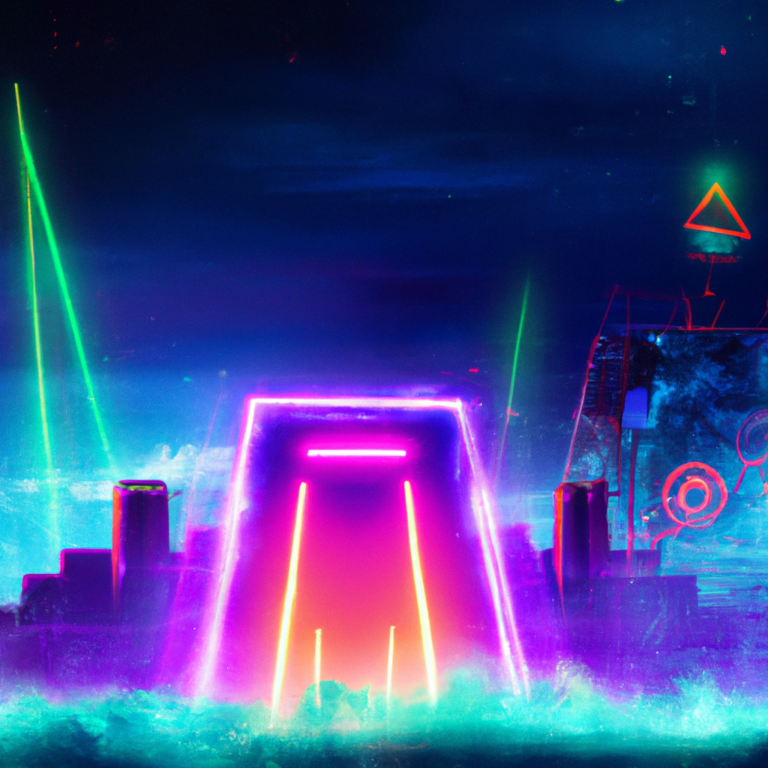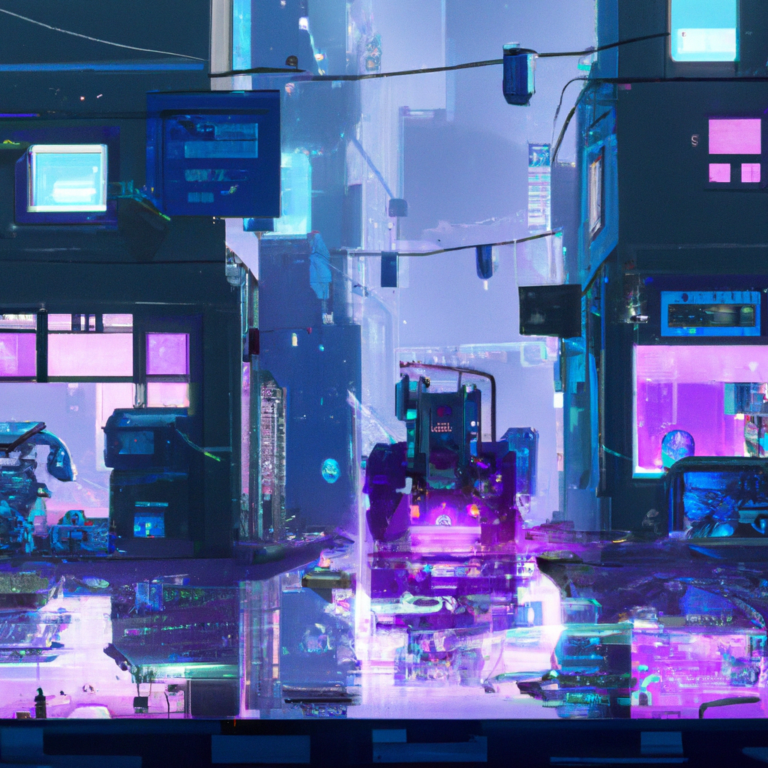“Overcoming Hurdles: The Challenges and Rewards of Adapting Existing IPs for Video Games”
In recent years, the gaming industry has seen a surge in the adaptation of existing intellectual properties (IP) for video games. From popular movie franchises to iconic comic book characters, a diverse range of IPs has been transformed into interactive gaming experiences, allowing fans to immerse themselves in their favorite fictional worlds. While this trend has produced many successful and critically acclaimed titles, the process of adapting existing IP for video games is not without its challenges. In this blog post, we will explore some of the difficulties developers face when creating games based on pre-existing IPs and how they strive to overcome them.
1. Balancing fan expectations and creative freedom
One of the most significant challenges faced by developers is finding the right balance between staying true to the source material and offering a fresh, engaging gaming experience. Fans of the original IP have certain expectations regarding characters, storylines, and overall atmosphere, which developers must respect to avoid disappointing their audience. At the same time, creators need to have the freedom to explore new ideas and make adjustments that work for the video game format. Striking this balance can be challenging, as any deviation from the original IP can be met with criticism, while staying too close might result in a game that feels repetitive or unoriginal.
2. Adapting narrative structure
The interactive nature of video games often means that developers need to adapt the original IP’s narrative structure to fit the medium. While books, movies, and TV shows generally follow linear storytelling, games often need to accommodate branching narratives, player choices, and multiple endings. This can be a complex task, as developers must find a way to present the story in a manner that is both engaging and coherent, while also offering players a sense of agency within the game world.
3. Licensing and legal issues
Securing the rights to use an existing IP in a video game can be a complicated and expensive process. Developers must navigate a web of legal agreements and negotiations with the original IP owners, who may have specific demands or restrictions regarding the use of their property. In some cases, rights might be tied up in ongoing legal disputes or held by multiple parties, making it difficult to obtain the necessary permissions. These obstacles can lead to delays in development or even the cancellation of a project if an agreement cannot be reached.
4. Technical limitations and constraints
Developers also face various technical challenges when adapting existing IPs for video games. For example, bringing a visually stunning movie world to life in a game may require significant resources, including high-quality graphics, detailed character models, and advanced animation systems. Such features can be demanding on both development budgets and hardware limitations of gaming platforms, forcing developers to find creative ways to capture the essence of the IP without compromising performance.
5. Maintaining the spirit of the original
Finally, one of the most vital aspects of adapting an existing IP for video games is capturing the original property’s spirit. This often involves more than replicating the story, characters, or visual style; it requires understanding the core themes, emotional tones, and unique elements that make the IP resonate with its fans. Ensuring that these aspects are preserved and translated effectively into the gaming medium can be an intricate and delicate process, as developers strive to create a game that feels true to the source material while also standing on its own as an engaging, interactive experience.
In conclusion, adapting existing IP for video games presents a unique set of challenges for developers, who must navigate the complex terrain of fan expectations, narrative structures, legal issues, technical limitations, and staying true to the original property’s spirit. However, when done successfully, the result can be a gaming experience that allows players to connect with their favorite IPs in new and exciting ways, enriching both the original property and the world of video games.






